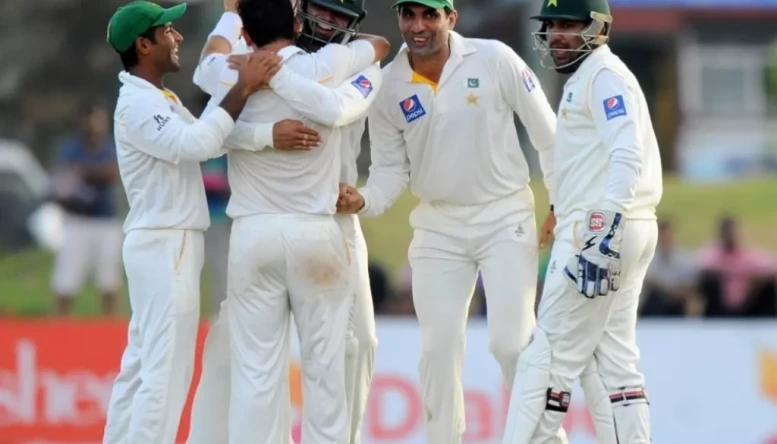Pakistan vs New Zealand: Pakistan Cricket Board's latest mess will not lead to needed long-term changes
Such is the nature of the political games surrounding the Pakistan Cricket Board (PCB) that by the time the sacking of former PCB chairman Ramiz Raja was announced, it was something that caught no one by surprise
 Political games surrounding the Pakistan Cricket Board (PCB)
Political games surrounding the Pakistan Cricket Board (PCB)This is because the news had already found its way to the local media, and not just in the sports pages either – the people reporting on the news were on the political beat.
But why one can wonder, are the machinations of the board being reported on by people whose job it is to cover politics?
That is because, in Pakistani cricket, the PCB and the incumbent government go hand in hand. And their fates are more often than not intertwined.
See, the Pakistan Prime Minister is the board's chief patron, meaning the board comes directly under his remit; he will also nominate a candidate for the chairman's position.
And while that might seem like a recipe for disaster, given it could lead to needless political interference, well… that is precisely how the board runs.
Ramiz Raja was only on the board from 2021 onwards because he was nominated for the position by former PM Imran Khan.
And when Imran was removed from power and replaced by the Shehbaz Sharif government, most expected that Raja's regime at the PCB would follow suit.
But he clung on, somehow – despite every sign pointing towards his impending doom. Yet the sharks were circling and smelt blood, which meant they were not to be denied.
And now Raja has been replaced by Najam Sethi, a man who not-so-coincidentally was last in power at the PCB when Nawaz Sharif – Shehbaz's brother – was running the country.
It is worth noting that while this entire saga would make for a thrilling political novel, it does very little for the PCB – or, perhaps most importantly, Pakistani cricket.
See one of the reasons the PCB remains such a volatile place is due to the fact that politics is in its very existence.
Yet it is politics that also hinders it as, due to the extremely short-term nature of governments in Pakistan, the PCB chiefs don't exactly get along ropes, to begin with.
So, we get a lot of chairmen who need more time to force through agendas and prove they are doing good work. And even if they do, they are slaves to the country's political machinations.
The irony is that the significant flaws with Pakistan cricket – a poor domestic system, a lack of investment in domestic cricket and a lack of structure in general – are issues that have no quick fix.
They need long-term planning and someone to execute those plans to have total freedom to oversee the implementation of changes.
Instead, they get chairpersons who need more time to focus on the long term, so they look for quick fixes in the short term.
Little wonder, then, that many feel any success that comes Pakistan's way is despite and not instead of the system.
Also, of little wonder? The feeling that this change in the PCB will do any good to anyone involved with cricket in the country.
Editor's Picks
- 01
Brendon McCullum: England ready to be 'really brave' in team selection for India series
- 02
Diogo Jota inspires Liverpool surge as injuries fail to dampen Premier League lead
- 03
Cameron Norrie ready to go toe-to-toe with the big boys after stellar Australian Open run
- 04
Maxwel Cornet confident of scoring run after opening West Ham account